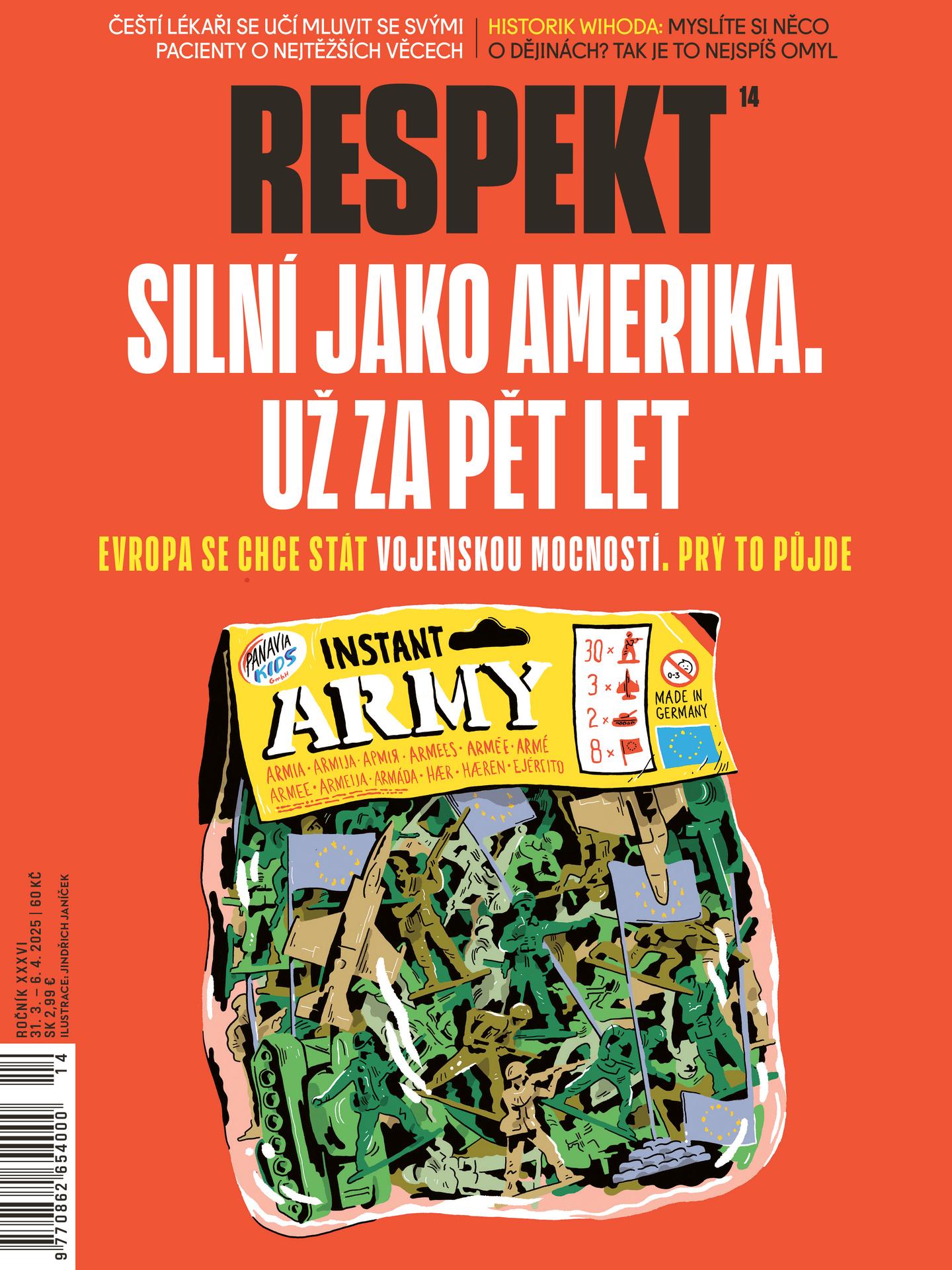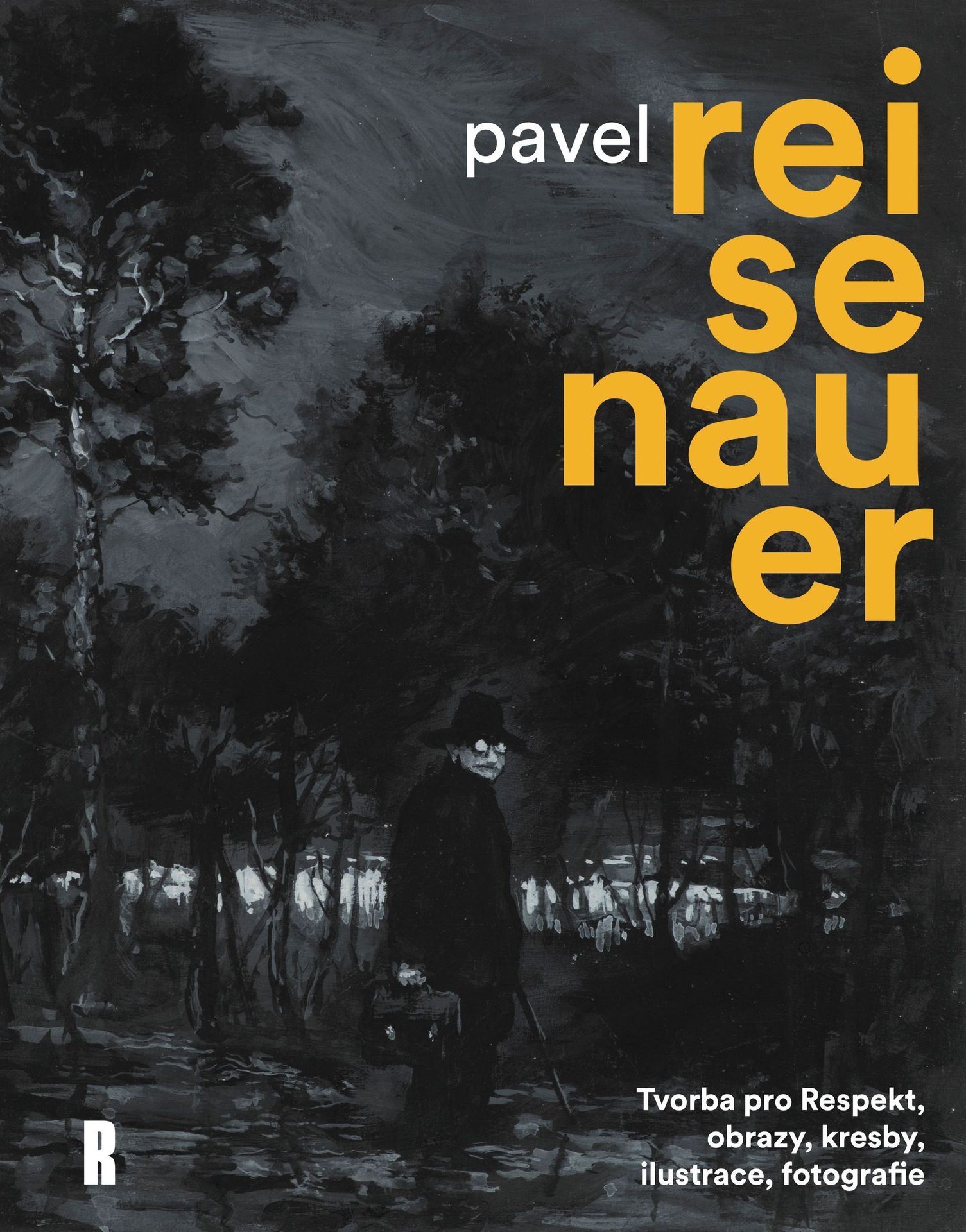Birds on Cherries
Nobody expected that ODS and KSČM would become natural allies as early as in these elections. Does it sound absurdly, illogically and provocatively? Certainly. But it is the reality and it belongs among the consequences of the experiment, which its creators called the Opposition Agreement.

Nobody expected that ODS and KSČM would become natural allies as early as in these elections. Does it sound absurdly, illogically and provocatively? Certainly. But it is the reality and it belongs among the consequences of the experiment, which its creators called the Opposition Agreement.
In the Whirls of Political Passions
In the 2002 election campaign, the parties compete through the quality of their marketing; their programmes are of secondary importance. Therefore they are fighting for the majority elector, who, in their opinion, does not think too much and makes decisions according to his/her current likings or possibly according to his/her mood influenced by advertising. When parties forget about the programme, this does not necessarily have to mean that electors do not really think. However, it is certainly a proof that the politicians themselves do not think much and it is them who are able to make decisions according to their mood.
The struggle for power brings forth the strongest emotions of politicians. After all, elections and post-election negotiations determine their position in the pyramid of power for the next four years. If they do not care about the programme and the ideas, contained therein, they will succumb to political emotions without much resistance. This happened four years ago when ČSSD and ODS, opponents in terms of their programmes, divided the posts by entering into the „Opposition Agreement“.
The same development in post-election negotiations can recur this year and it may well happen that not only the parties to the Opposition Agreement will be its protagonists. This is true even more if the programmes are of much lower importance than four years ago and the parties do not have to defend virtually any programme principles.


Rely on Grebeníček
This year, elections will be won by that party, which will get above the limit of thirty percent of electors' votes. ODS and ČSSD are the only parties that have remained in the contest for the winner. The politicians of both parties most often say that they will form the cabinet with their greatest rival. And this announcement of such a „misalliance“ of the strongest right-wing and left-wing parties does not seem to discourage the electors. In foreign countries, it would be unusual if the government were formed by the two strongest parties from the opposite sides under circumstances, which are neither critical nor extraordinary in any way.
ODS and ČSSD are compelled to such reflections. ČSSD cannot form the cabinet with the Communists, even if it won the majority in the House of Deputies - the Social Democrats are prohibited from doing so by a resolution approved at a congress in Bohumín in 1997. On the other hand, the right-wing ODS will not cooperate with the Coalition; at least, none of the politicians from the parties of Mr. Klaus, Mrs. Marvanová and Mr. Svoboda have spoken about this. The unpleasant memories of the break-up of the right-wing government at the end of the year 1997 are probably still too clear.
However, there is serious talk about a joint cabinet of the Socialists and the Coalition. Four years ago, Miloš Zeman offered a joint cabinet to the representatives of KDU-ČSL and Unie svobody (US). Jan Ruml (US) rejected the offer at that time; however, this year, both parties would accept a similar offer. Thus, ČSSD has an advantage over ODS because it can choose a different partner in the post-election negotiations. It can use the alliance with the Coalition as a threat to gain greater influence in a joint cabinet with ODS.
Thus, ODS could feel more certain after the elections, if ČSSD and Coalition did not have together more than half of the seats in the House of Deputies (they have 56% today). ODS can win the votes of the right-wing electors at the expense of the Coalition but the supporters of the left wing who would want to abandon ČSSD can only vote for the Communists.
The speculation that ODS and KSČM have consecrated their common power interest by a backstage agreement was brought by the Právo daily newspaper last week. According to Právo, a proof of cooperation between Mr. Klaus and Mr. Grebeníček was to be the more frequent appearances of the Communists on the screens of private televisions Nova and Prima, the stations, which are under provable influence of ODS. However, the management of Nova succeeded in disproving the suspicion of support of the Communists by using statistic data.
Supporters of Beneš after the Elections
Today, none of the parliamentary parties denies occasional cooperation with the Communists in the House of Deputies. ODS was also trying to put across some intentions, particularly the political control over the mass media or some anti-European resolutions, together with KSČM quite frequently. A striking example was the recent voting on the Decrees of Beneš. Including a new item in the agenda of the House of Deputies can be proposed by a minimum of two parliamentary clubs. Conservative Mr. Klaus first asked Mr. Špidla, a Socialist, for help. When Mr. Špidla rejected this request, Mr. Klaus approached Mr. Grebeníček, a Communist, with a greater success. In the House of Deputies, before the eyes of the nation, all MPs from all parties then fearfully voted in favour of the Decrees.
The national issue is a motif of the pre-election struggle for power that is important enough for Klaus to make him form an alliance even with the Communists. Why would he hesitate making an agreement with Grebeníček when it comes to formation of the cabinet? Such cooperation is probably in conflict with some programme principles of ODS but political emotions may prevail.
The critics of Klaus can see with concern today how an opinion-based coalition of those, who have strong reservations about accession of the Czech Republic to the European Union, is being formed in the power alliance of ODS and the Communists. And this coalition has the chance of winning the majority in the next House of Deputies. If the Communists get more than fifteen percent, there is still one more unpleasant outlook: the Social Democrats will be competing with ODS for their silent support. After all, the politicians of ČSSD, headed by Špidla, admit some kind of cooperation with Grebeníček after the elections.
Conversely, the supporters of Klaus may consider the criticism of ODS for using the Communists in the tactical manoeuvres to be too harsh. Let someone prove that the two parties have something in common except for having voted in occasional concordance in the House of Deputies several times! For the time being, this really cannot be proved. However, the ODS politicians themselves may exclude the suspicion of their playing the Communist card too actively. It would be enough if they declared that their primary interest is victory of the right wing in the elections and a right-wing-centrist cabinet of ODS and Coalition after the elections. However, none of them has done so in the final party march „towards the new fate“.
Pokud jste v článku našli chybu, napište nám prosím na [email protected].



















